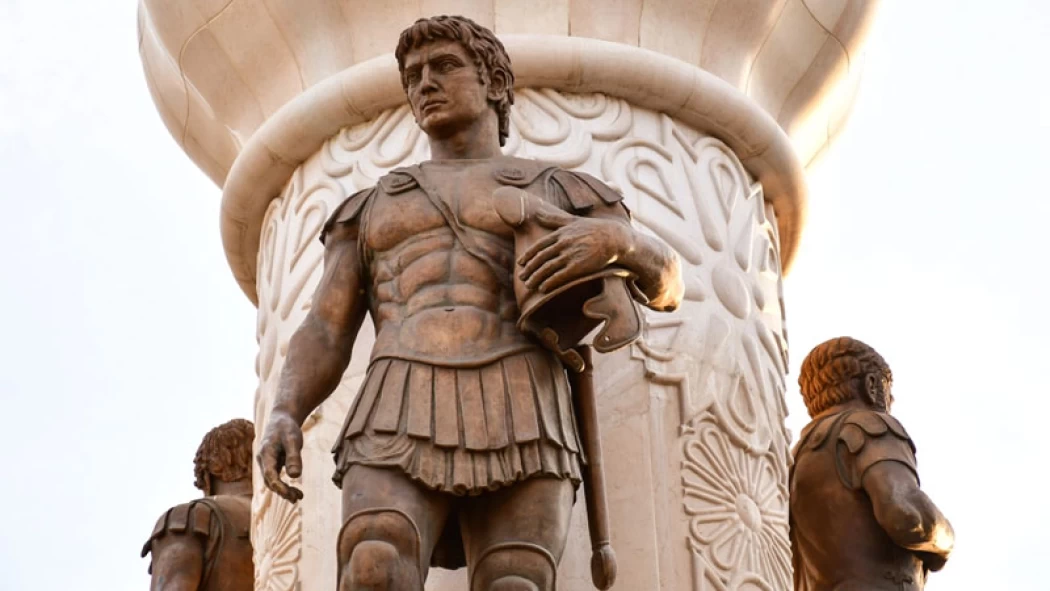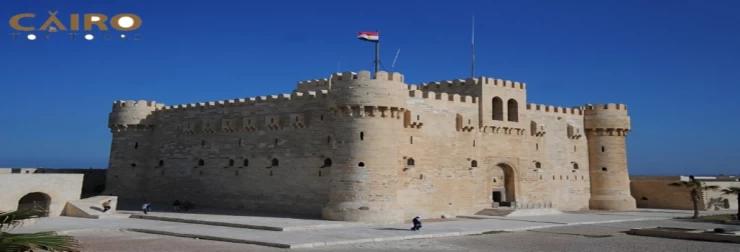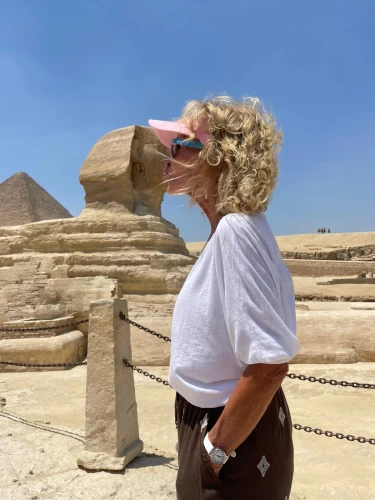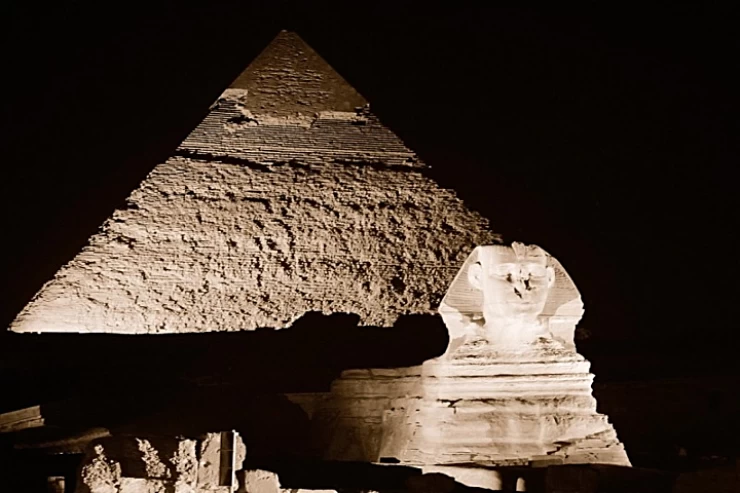
Alexander the Great
Facts about Alexander the Great
Alexander the Great, the most famous military leader and conqueror in history, was born on July 20, 356 B.C. This military leader was a remarkable person during his life, and his achievements earned him the nickname Alexander the Great and also Alexander the Two-Horned.
The conflict between the Persians and the Greeks (the Greeks) reached a decisive stage when Alexander assumed the throne of Macedonia at the age of twenty years, and the Persian state had expanded its kingdom, which included Western Asia, and extended from India to the Mediterranean Sea, and it had a huge naval force on the shores of that sea and had sovereignty over it, and Syria and Palestine were among its possessions.
Alexander resolved to conquer this mighty enemy, and for this he prepared an army with which he crossed the Dardanelles, which was called Hellespont, and clashed with the Persian army at the river “Geranik” which flows into the Sea of Marmara, and won a great victory in 334 BC, and marched after this incident along the western shore of Asia Minor, then in the heart of Anatolia, until he met the Persians in 333 BC at Issus, located on the bay now known as the Gulf of Alexandria, and won a crushing victory over them, and Dara III fled defeated to Babylon.
Alexander did not want to pursue Dara after the Issus incident, preferring to march first on the countries on the shores of the Mediterranean Sea in order to subjugate them and extend his authority over them, so that the Persian fleet would not use them as bases to hinder his advance.
Alexander marched on the Mediterranean peninsulas in Phoenicia, Syria, and Palestine and conquered them and submitted to him, as well as Damascus and Jerusalem, and then occupied the peninsulas without resistance, except for Tyre, which resisted strongly, so he besieged it and conquered it by force, as well as Gaza, which he besieged and subjugated.
He then reached the outskirts of Egypt at the head of his army of about 40,000 fighters, assisted by his fleet, which was traveling close to the coast, and reached Peluz (Farma), which was then the first border of Egypt.
He entered Egypt in the fall of 332 B.C. He entered Egypt in the fall of 332 B.C. and arrived without a fight in Minaf, the capital of Egypt at the time, and the Persian governor who ruled Egypt had no choice but to surrender, as he saw that resisting Alexander was futile.
The Egyptians rejoiced at the defeat of the Persians and initially saw Alexander as their savior from the Persian occupation, but they could not forget that the Persians had wrested the throne of Egypt from the last king of the Pharaohs and established a hateful foreign rule that violated the dignity of their country, which motivated them to revolt against him three times.
Supporter and propagator of Hellenistic culture, the King of Macedonia, the Pharaoh of Egypt, the hegemon of the Hellenic League, and the Shah of the Persian Empire. He conquered the Persian Empire—from Asia Minor to Egypt, Pakistan, Afghanistan, and India—in 12 years.
He, like all real men, was called Alexander III of Macedon, and eventually Alexander the Great by others. He was born in 356 BC in Pella, the Macedonian capital, being the son of King Philip II and Queen Olympias. From an early age, he could show great intelligence and ambition. To be educated with exceptional instruction under his own father, he had to read and study for the most part with Aristotle, who taught him in the corridors of philosophy, science, and military strategy. This education would mold Alexander later into a talent that would shape him as one of the greatest military minds of history.
At the age of 20, in 336 BCE, Alexander was made king of Macedon after the assassination of his father. His first acts associated with consolidation were those aimed at putting down rebellions in Greece and at claiming leadership over the Hellenic League. The Greeks under his command had their eye on the Persians and his father's vision-dream—to realize conquest for the Persian Empire.
Alexander the Great died, aged 33, in 323 B.C., after a life of conquest. His bravery and legendary deeds left much inspiration not only to himself but also to politicians and historians who have followed his ambitious journey throughout history.
On the political and military plane, his educator was his father (Philip II, king of Macedonia from 359 B.C. and conqueror of Greece in 338 B.C.). Instead, his intellectual teacher was the Greek philosopher Aristotle, who approached him with the reading of the great Homeric poems and made him passionate about Greek culture by transmitting the idea of the superiority of the Greeks over the barbarian peoples and, in particular, the Persians.
Alexander's accession to the throne was not easy. Philip's death created government problems and awakened the hopes of independence of Greek cities less willing to accept the authority of Macedonia. It also blocked the expedition that the Macedonian king was setting up to invade Asia and defeat the Persians.


















